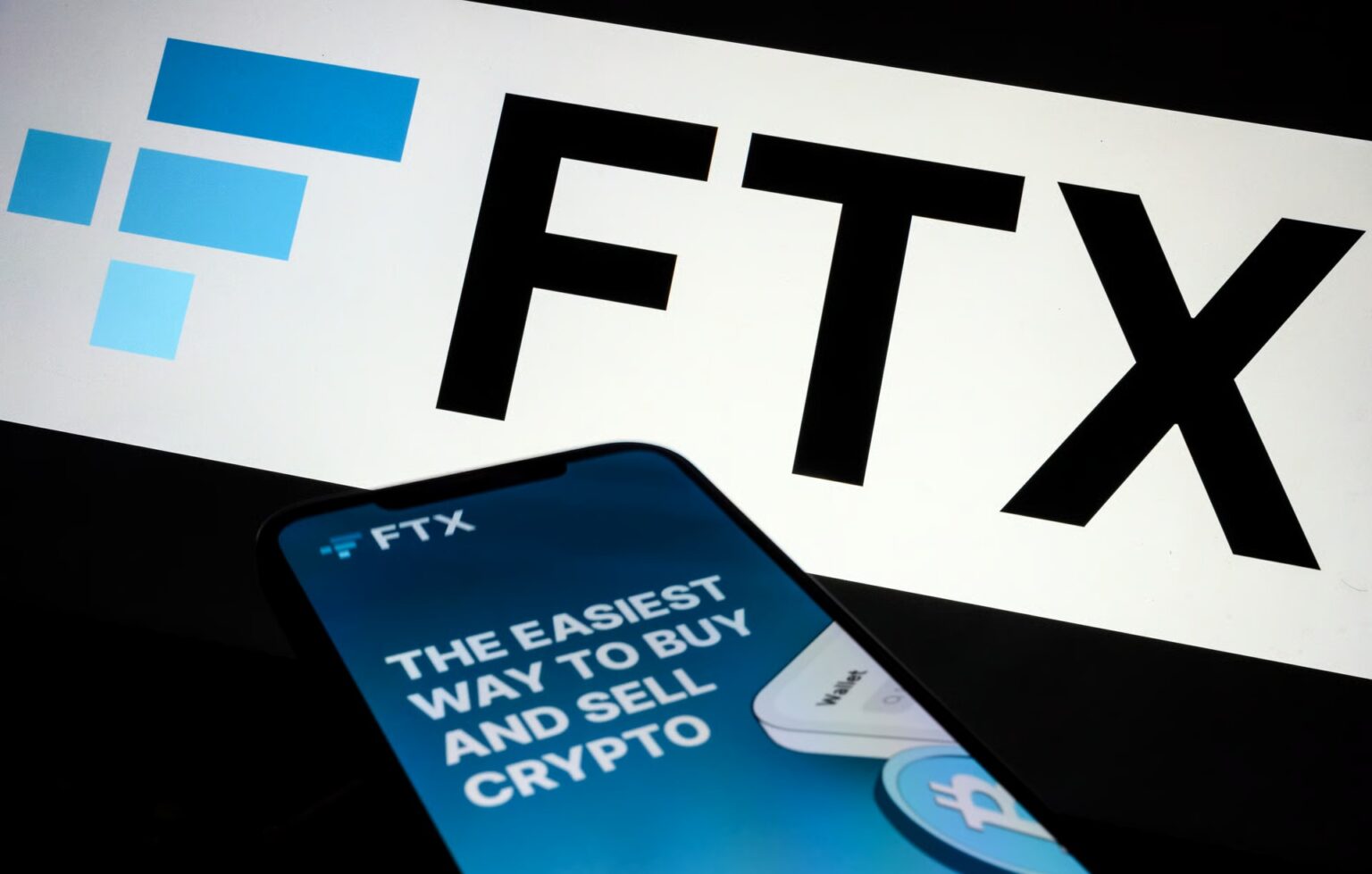In the evolving landscape of financial risk management, maintaining robust data security is paramount for firms entrusted with sensitive client information. The latest events surrounding a significant data breach at Kroll, a financial advisory and risk management company, serve as a stark reminder of the vulnerabilities in digital communication. This breach exposed personal data of creditors linked to major cryptocurrency platforms like FTX, BlockFi, and Genesis. It has sparked intense scrutiny and has led to a class-action lawsuit, which aims to bring about changes in the company’s data handling processes. As digital threats continue to evolve, the need for stringent cybersecurity measures cannot be overstated.
Data Breach at Kroll Sparks Class-Action Lawsuit
Understanding the Allegations of Negligence
Recent legal filings suggest that Kroll’s reliance on email-based communication for claims outreach has created a significant vulnerability. Filed in a US district court, the lawsuit highlights how this single-channel approach compromised the verification process, leading to substantial delays and potential financial losses for creditors. The legal action, initiated by Hall Attorneys on behalf of FTX customer Jacob Repko and other affected parties, emphasizes the necessity for improved communication protocols. Nicholas Hall, head of the legal team, pointed out that while financial compensation is a component of the lawsuit, the primary focus is on revolutionizing how creditors are contacted, aiming for a more secure and reliable system.
Repeated Data Breaches and Their Implications
This is not the first time Kroll has encountered a cybersecurity mishap. Earlier this year, another incident disclosed client invoicing and email details, raising concerns about the firm’s data protection strategies. Sunil Kavuri, a notable FTX creditor, revealed he has been subjected to frequent phishing attempts, demonstrating the persistent threat to those affected by the breach. This recurring issue underscores the urgent need for Kroll to fortify its cybersecurity defenses to prevent future incidents.
Progress on FTX Reimbursements
Amidst these legal proceedings, FTX continues with its reimbursement strategy for creditors. The upcoming third installment of payouts, scheduled for September 30, aims to distribute almost $2 billion, following the previous rounds earlier this year. These financial compensations are critical for restoring some measure of security and trust among affected investors.
Repercussions from the FTX Collapse
The dramatic collapse of FTX in late 2022, driven by management failures, rocked the cryptocurrency market to its core. This event not only depreciated digital asset values but also spotlighted the urgent need for comprehensive regulatory oversight and enhanced transparency within the industry. For many stakeholders, this incident highlighted the inherent risks associated with centralized exchanges and fueled calls for more rigorous consumer protection measures.
FAQs About Kroll’s Data Breach and Its Impact
What led to the data breach at Kroll?
The data breach resulted from Kroll’s reliance on email-only communication, which created a security vulnerability that was exploited by malicious actors, leading to the unauthorized access of sensitive creditor information.
What actions are being taken against Kroll?
A class-action lawsuit has been filed against Kroll, which seeks not only financial compensation for affected creditors but also aims to implement structural changes in the firm’s communication and data protection methods to prevent future breaches.
How is the FTX reimbursement process progressing?
FTX is committed to compensating its creditors and has scheduled the third round of reimbursements for late September. This process is part of a larger effort to address claims and is expected to distribute nearly $2 billion to claimants.
What was the impact of FTX’s collapse on the crypto market?
The collapse of FTX in 2022 caused a significant downturn in cryptocurrency valuations, revealed critical risk management failures, and intensified the debate over the necessity for stricter regulations and consumer protections within the crypto sector.
In navigating the evolving digital landscape, maintaining stringent security measures is crucial for protecting sensitive financial data. As the impact of these breaches becomes more apparent, the industry must adapt swiftly to ensure the trust and safety of all participants.

